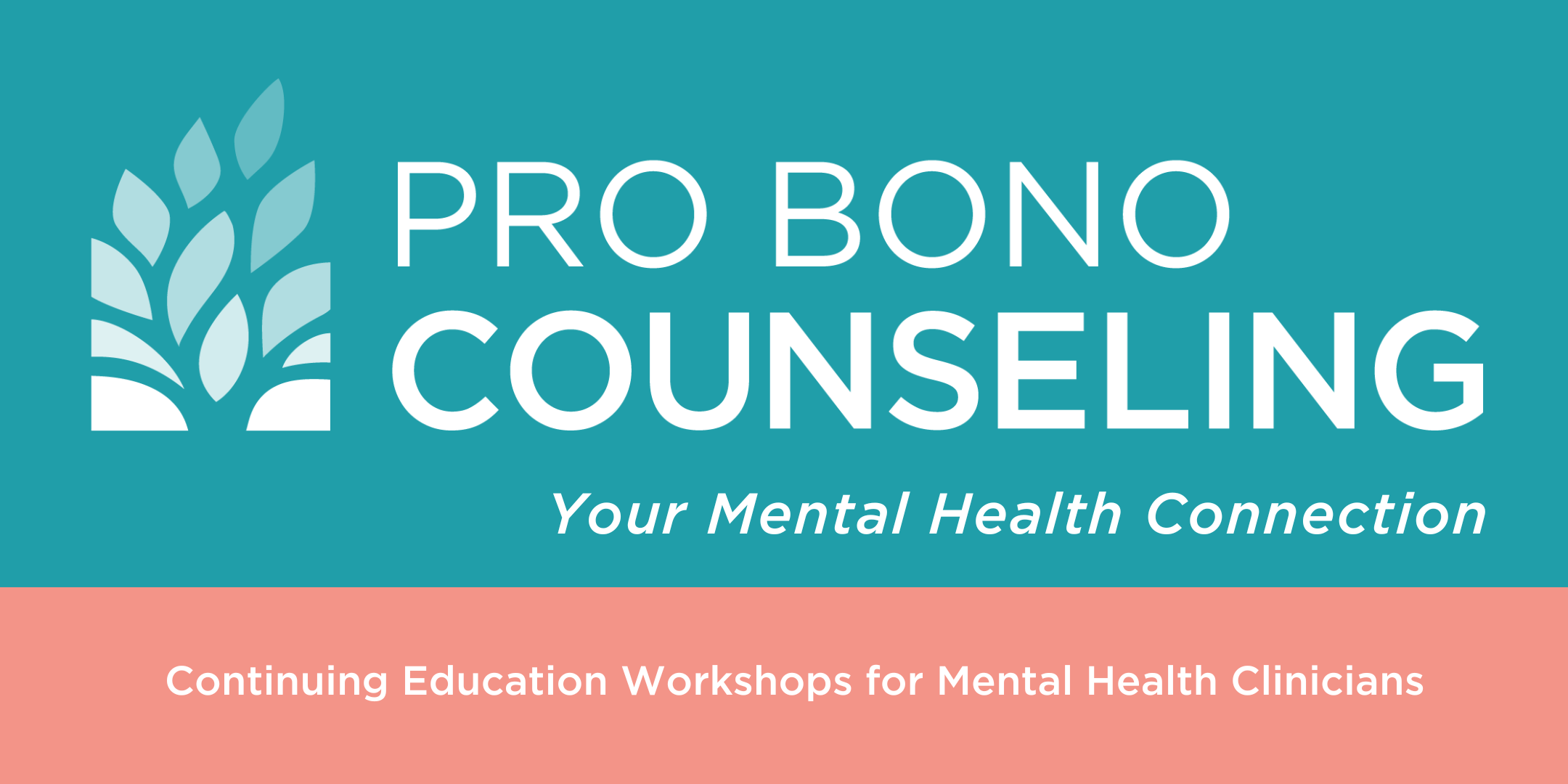2023 Professional Continuing Education Online Webinar
Introduction to Problem Gambling and Screening Tools for Gambling Disorder
Tuesday, November 28, 2023, from 10:00 AM – 12:00 PM
Online Workshop – Two (2) CE Credits
Fee: $29/person
FREE for Active PBC Volunteer Clinicians
Featured Presenters: Kristen Beall, LCSW-C, ICGC-I, CAC-AD; and Heather Eshleman, MPH
Session Description: Gambling activities have expanded in Maryland and across the Country over the last 15 years with the most recent expansion through legalized sports betting at casinos and through mobile betting. It is anticipated that problem gambling behaviors will increase with more people exposed to gambling. This workshop will provide an overview of gambling activities in Maryland, an overview of problem gambling, tools to screen for disordered gambling, and resources for help available to Maryland residents.
Learning Objectives:
At the end of this presentation, the participant will be able to:
- Define gambling;
- Identify the most common types of gambling in Maryland;
- Recognize the signs of problem gambling and the criteria for disordered gambling;
- Discuss hot topics concerning gambling in Maryland including populations at greater risk, youth gaming to gambling, and sports betting;
- Integrate screening and assessment tools for problem gambling by initiating conversation;
- Describe and utilize resources for problem gambling help.
Presenter Bio: Kristen Beall LCSW-C, ICGC-I, CAC-AD
Kristen has over 19 years of clinical experience and began her career with the University of Maryland’s Methadone Treatment Program; working as a lead counselor and patient advocate to reduce the stigma of opiate treatment. She was later employed at Johns Hopkins University as a Health Behavior Specialist and at Baltimore Crisis Response, Inc. as a Mental Health Counselor where she performed crisis interventions and assessments throughout Baltimore City.
Today, Kristen is the Clinical Manager with the Center. In her role at the Center, Kristen assists providers integrating gambling screening into their clinical practice; supports the five Certified Peer Recovery Specialists in their work with persons that are impacted by harms related to gambling; and provides clinical trainings surrounding the topic of gambling disorder.
Kristen earned her master’s degree in social work from the University of Maryland, Baltimore’s School of Social Work and maintains a LCSW-C with the Board of Social Work Examiners, an ICGC-I with the International Gambling Counselor Certification Board, as well as a CAC-AD with the Board of Professional Counselors and Therapists.
Presenter Bio: Heather Eshleman, M.P.H.
Heather Eshleman is the Prevention Manager at the Maryland Center of Excellence on Problem Gambling. She works collaboratively with community organizations, schools, and government agencies to prevent underage and problem gambling as well as oversee special population and youth grants. She currently leads the Center’s efforts in compiling an underage and problem gambling prevention needs assessment to provide baseline data to guide future prevention strategies. She served as the Alcohol and Substance Abuse Prevention Supervisor at the Anne Arundel County Department of Health from 2006-2019, overseeing the Substance Abuse Prevention coalitions, the Opioid Misuse Prevention Program, the Strengthening Families Program, the Fatal Overdose Review Team, and Coordination of the Students Against Destructive Decisions Chapters. Before becoming Supervisor, from 2002-2006, Heather was a Grants Administrator at Anne Arundel County Department of Health. Heather received her Masters in Public Health from the University at Albany School of Public Health and her Bachelor’s degree in School and Community Health Education from Towson University. Heather served in the United States Peace Corps in Morocco, North Africa, as a Maternal and Child Health volunteer, working on hygiene promotion and pre-natal care for two years.
Workshop registrants will receive a code prior to the webinar to log on to Zoom and participate in the online session.
IMPORTANT: Attendance will be monitored. Participants must be logged on to the meeting by the workshop start time and participate in the entire event in order to earn CE credit.
Pro Bono Counseling is approved by the American Psychological Association to sponsor continuing education for psychologists. Pro Bono Counseling maintains responsibility for this program and its content. The Maryland Boards of Social Work Examiners and Professional Counselors and Therapists certify that this program meets the criteria for two (2) credit hours of continuing education for social workers (Category 1), professional counselors, and therapists (Category A) licensed in Maryland.
CE credit is granted to participants with documented attendance at individual workshops. Attendance is monitored. Credit will not be granted to registrants who log on late or depart early from a session. It is the responsibility of registrants to comply with these requirements.
By registering for this event, all participants agree to abide by the following code of conduct:
Workshop Code of Conduct
Pro Bono Counseling (PBC) is dedicated to providing a positive continuing education experience for everyone of all backgrounds and identities. We do not tolerate disrespectful behavior or harassment of workshop participants, facilitators, or PBC staff in any form. We do not tolerate discrimination or harassment on the basis of characteristics that include but are not limited to: gender, gender identity and expression, age, sexual orientation, disability, physical appearance, body size, citizenship, veteran status, pregnancy status, race, ethnicity, or religion. Anyone asked to stop unacceptable behavior is expected to comply immediately. If a participant engages in unacceptable behavior, PBC may take any action it deems appropriate, including warning or expelling the offender from the event with no refund.
Workshop Views Disclaimer
The views expressed by the workshop presenter(s) and participants are their own opinions and do not represent Pro Bono Counseling, and do not imply an endorsement of them or the organizations they represent.





